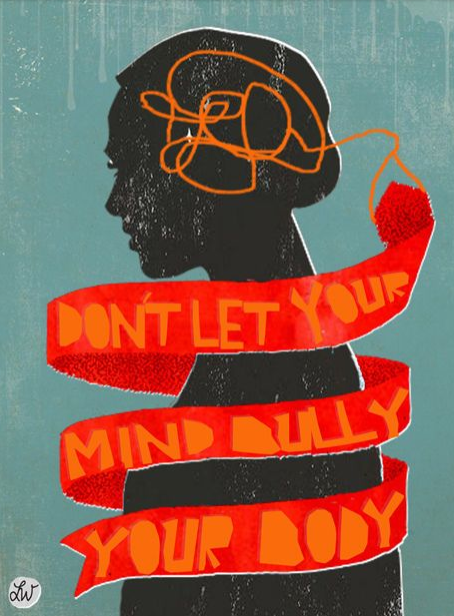Wasting our Minds on Fortune-Telling

Since our lives all changed earlier this year, I, like many of you, found myself troubled by the impact this current situation would have on people’s well-being and mental health.
Before Covid-19, in my work I saw the impact of stress on a weekly basis in organisations and the teams and people we work with. So much of what we do at Adaptas is about helping people get to know themselves better so that they can manage emotions, and their decisions and communicate effectively with others.
What has been happening in the world is the stuff that in the past many people only ‘catastrophised’ about or watched in movies. Some of us were naturally good at rationalising it out, knowing most of our fears would not be realised. And some of us had techniques to help us stop and rationalise it out, recognising eventually that the catastrophising we were doing was highly unlikely. However, in recent months some of our deepest fears have being actualised.
We have been told to stay indoors, to socially isolate, to stay away from friends and family. We don’t feel like we have autonomy to make the decisions about how we live our lives, other than between the four walls. Many people have lost their jobs and as we all look into the future there are continuing fears around further job loss, financial insecurity and general uncertainty. 1 in 4 restaurants in the USA are expected to never re-open. Airbnb had to let 1900 people go globally recently. Our fears are for sure being realised.
Regarding our fears becoming a reality, things might be worse than we could have imagined?.
“We think of the world as how we left it. But that world is gone”
Nesrine Malik, The Guardian (18th May)
There is possibly some light at the end of the tunnel. So many people have realised during this lockdown that life did not need to be the way it was. Many individuals don’t want to go back to the way it was. It was too busy. There were too many demands. There were people spending two hours commuting to and from work. Numerous people were grabbing takeaway every evening, staying in the office late or going home and logging back in before going to bed. A lot of people were working hard to pay for the big house, the new car and the holidays. Many were just trying to keep up with the Joneses.
Interestingly, several people who suffered from anxiety, including social anxieties report experiencing their symptoms decrease as there is now less pressure on them.
All in all, can we take this pressure and reduce it for the long-term?
For some people it will be less commuting, or having two or three proper meals instead of rushing the takeaway sandwich for lunch and dinner. For some it will be a job or career they hadn’t imagined themselves in, or more time with their children. For some it will be a focus on how we can improve lives for others who are less fortunate. For others, it will be making some hard decisions about career, partner, living situation and possibly setting oneself free from the shackles that were holding us tight.
The lesson for me in this is to never allow my mind to catastrophise again. It is complete fortune telling and we cannot imagine what is next or around the corner. When we take anything to an extreme, we have a problem. We cannot actually fortune tell how bad it can get or how good it can get. None of us know what is around the corner and there is no point guessing. All we can do is make the best of today.
What is there to be afraid of?
Back to Teams